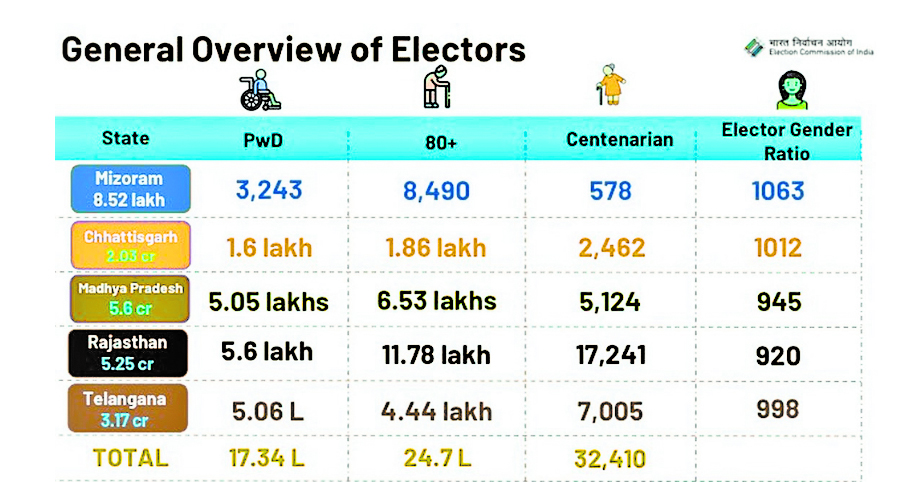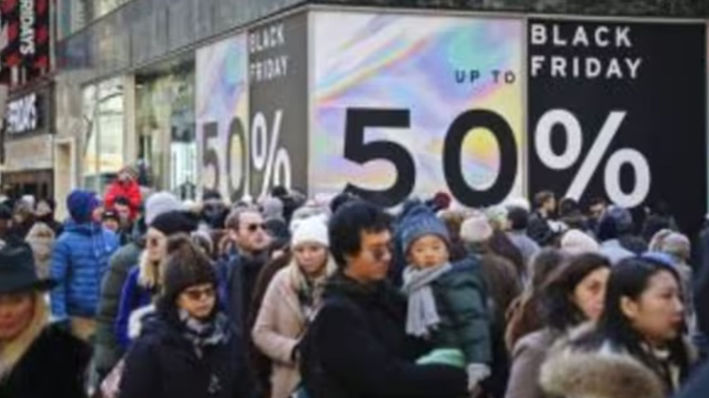
The COP28 climate summit begins Thursday in Dubai and takes place against a kaleidoscope of competing interests in the worlds of energy, climate change and greenhouse gas emissions management.
World leaders are meeting to discuss tackling climate change at a big UN summit in Dubai. It follows a year of extreme weather events in which many climate records have been broken.
What is COP28 and where is it?
COP28 stands as the 28th iteration of the United Nations (UN) climate assembly where participating governments engage in discussions focused on curbing and readying for forthcoming climate change impacts. Taking place in Dubai, within the United Arab Emirates (UAE), the summit spans from November 30 to December 12, 2023.
COP is an abbreviation for “Conference of the Parties,” representing the countries that became signatories to the initial UN climate agreement in 1992.
Why is holding COP28 in Dubai controversial?
The United Arab Emirates (UAE) ranks among the top 10 global oil-producing nations. Sultan al-Jaber, the CEO of the state-owned oil company, has been designated as the president overseeing the COP28 talks. Fossil fuels such as oil, gas, and coal are primary contributors to climate change due to their emission of greenhouse gases like carbon dioxide when utilized for energy purposes. There are plans within Mr. Jaber’s oil company to amplify production capacity.
Leaked documents obtained by the BBC indicate the UAE’s intention to leverage its hosting position to facilitate oil and gas agreements. Mr. Jaber has previously asserted his unique ability to advocate for action within the oil and gas sector. He has also highlighted his role as chairman of Masdar, a renewable energy firm, emphasizing his oversight of the expansion of clean technologies such as wind and solar power.
Why is COP28 important?
COP28 holds the aspiration of preserving the objective set by nearly 200 nations in Paris in 2015: constraining the long-term global temperature rise to 1.5 degrees Celsius. This target is deemed critical by the Intergovernmental Panel on Climate Change (IPCC) to avert the most severe repercussions of climate change. Presently, the long-term warming stands at approximately 1.1 to 1.2 degrees Celsius compared to pre-industrial times—an era predating widespread human use of fossil fuels.
However, recent estimations suggest that the world is currently on a trajectory leading towards a 2.4 to 2.7 degrees Celsius increase by 2100, although precise figures remain uncertain. Consequently, the timeframe to sustain the 1.5 degrees Celsius limit is rapidly diminishing, as highlighted by the UN.
What will be discussed at COP28?
As well as progress towards the existing Paris goals, COP28 will concentrate on:
• Accelerating the transition to clean energy sources to drastically reduce greenhouse gas emissions before 2030.
• Facilitating financial support for climate-related actions, aiming to transfer resources from wealthier to less affluent nations and negotiating a fresh agreement tailored for developing countries.
• Prioritizing discussions on nature and humanity.
• Striving to make COP28 the most inclusive gathering to date.
Themed days focusing on various issues such as health, finance, food, and nature will also be incorporated into the agenda.
Who will be at COP28?
Over 200 governments have received invitations to attend COP28. While US President Joe Biden and China’s Xi Jinping are not anticipated to attend in person, both countries will be represented at the summit. UK Prime Minister Rishi Sunak is slated to participate, and Buckingham Palace has verified King Charles’s attendance. He is scheduled to deliver an opening address to delegates on December 1.
The event will also involve the participation of environmental charities, community groups, think tanks, businesses, and faith-based organizations. Notably, COP27 in 2022 saw the attendance of numerous delegates associated with fossil fuels.
What are COP28 sticking points likely to be?
There is likely to be disagreement about the future of “unabated” fossil fuels – coal, oil and gas which are burned without technologies to capture their emissions. Mr Jaber has called for a “phase down” in their use, meaning a reduction over time, but not a complete end. However, the European Union is expected to push for a full “phase out”.
Climate campaigners point out that restricting agreements to “unabated” fossil fuels would allow some production to continue. They say there is no guarantee capturing emissions will work at scale.
During COP27, an agreement was reached on establishing a “loss and damage” fund aimed at wealthier nations supporting financially disadvantaged countries dealing with the impacts of climate change. However, the specific mechanisms detailing how this fund will operate remain ambiguous. Notably, the United States has declined to provide reparations for its historical emissions.
In 2009, developed countries pledged to allocate $100 billion (£82 billion) annually to aid developing nations in emission reduction efforts and climate change adaptation. Despite missing the targeted amount by 2020, it is anticipated that this commitment will be fulfilled by 2023.
Will COP28 make any difference?
Detractors of prior COPs, such as activist Greta Thunberg, condemn the gatherings for engaging in “greenwashing,” wherein countries and corporations showcase their environmental commitments without implementing the necessary transformative changes.
Nevertheless, as global leaders assemble, these summits hold promise for fostering international agreements that surpass individual national initiatives. An illustration of this potential impact is evident in the 1.5 degrees Celsius warming threshold established in Paris during COP21, which the UN credits with catalyzing widespread climate action across the globe.















